News
Social action more than ‘do-gooding’, says Bishop
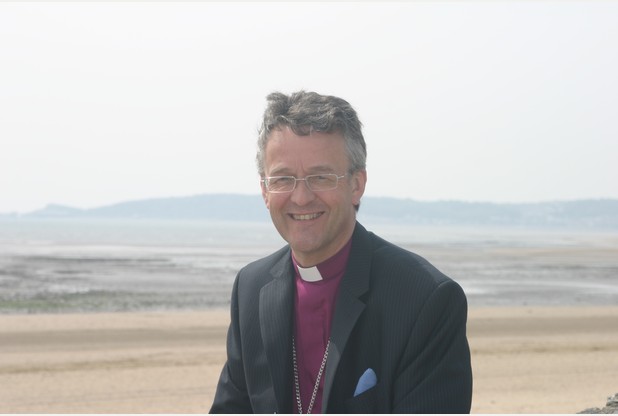

Bishop of Swansea and Brecon, John
Davies
FROM helping asylum seekers to providing affordable homes – social action is about bringing profound change to people’s lives, not just a bit of do-gooding here and there. That was the message from the Bishop of Swansea and Brecon, John Davies, at a national conference this week. He added that caring for the welfare of others was a Gospel imperative and the Church had a legitimate right to speak up and challenge those in authority. Bishop John was speaking at the Pushing the Boundaries conference, a three-day event hosted by the Church in Wales in Cardiff, for social responsibility officers from Welsh and English dioceses.
He said, “Social action is not just about a little bit of do-gooding here and there, it’s about profoundly challenging aspects of the lives of so many people – asylum seeking, affordable housing, disability issues, isolation of rural communities, unemployment, poverty, benefit caps – the spectrum seems to get ever wider day by day. We are engaging with all sorts of groups, not because we want to intrude on other people’s territories, but because it is an imperative of the church to be engaged with such issues, with such people and in such places.”
He urged Christians not to be reticent or apologetic about engaging with public authorities and secular institutions in the pursuit of social justice. He said, “The problem with the relationship between the church and matters of social concern is that if the church doesn’t do anything it is accused of being too self absorbed, too preoccupied with its own internal wrangling and therefore irrelevant. If it does say something, it is told it doesn’t really know what it is talking about or has the expertise and ‘we’d prefer it if you went away and minded your own private business’.
Examples of how churches are involved in social action were given in a series of presentations at the conference. They included promoting the needs of disabled people, tackling problems faced by people in rural areas, converting church property into affordable housing and helping people seeking asylum. Revd Dr John Gillibrand, vicar of Llangeler, described his experience with his son, who has autism, and outlined his political activity to raise awareness of the needs of disabled people. He said, “There is no such thing as mission without justice.”
He added, “We’re about ministry of people with disabilities not to them. We are an inclusive church.” The Church’s Rural Life lead adviser, Revd Richard Kirlew, outlined issues facing people living in Wales’ vast rural areas, such as the breakdown of community, isolation, unemployment and poverty. He said “rural” meant a whole way of life, not just “little bits of town in the country”: “There is a huge decline in the sense of community in rural areas as local amenities close down one-by-one. Churches need to adapt to these changes taking place. We have chaplains at rural shows now and livestock markets, for example, and these are a good way of reaching out to people.”
Pushing the Boundaries conference, Oct 6-8, was organized by Revd Carol Wardman, the Bishops’ adviser for Church and Society. She says, “The church doesn’t just exist for its own sake, but to act as salt and light in the society in which we finds ourselves. So alongside the task of nurturing believers, you’ll find church involved with all sorts of social action – from supporting refugees and asylum-seekers, running food banks and community cafes, and hosting credit unions, to running wide-ranging projects supporting children and families, or engaging with the Welsh Assembly, UK Parliament and other decision-makers to help bring about a more just society – nationally and internationally.”
News
Political leaders and unions react to Milford Haven school assault
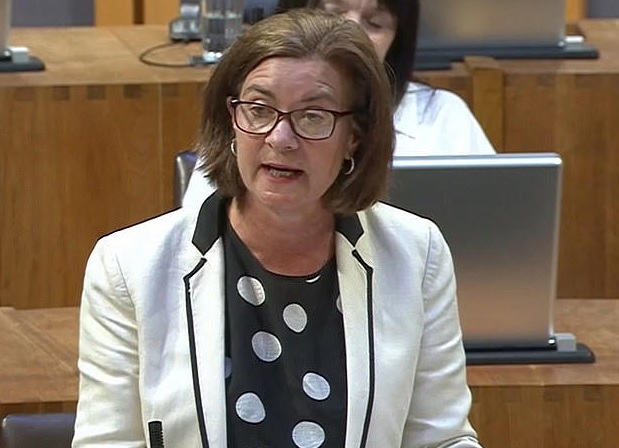
First Minister, MP, MS and teaching unions call for safety and support for staff
POLITICAL leaders and teaching unions across Wales have spoken out following Thursday’s assault on a teacher at Milford Haven School, which led to a lockdown, a major police response and the arrest of a 15-year-old boy on suspicion of attempted murder.
The First Minister Eluned Morgan said she was “deeply concerned” by the incident and stressed that violence had no place in Welsh schools.
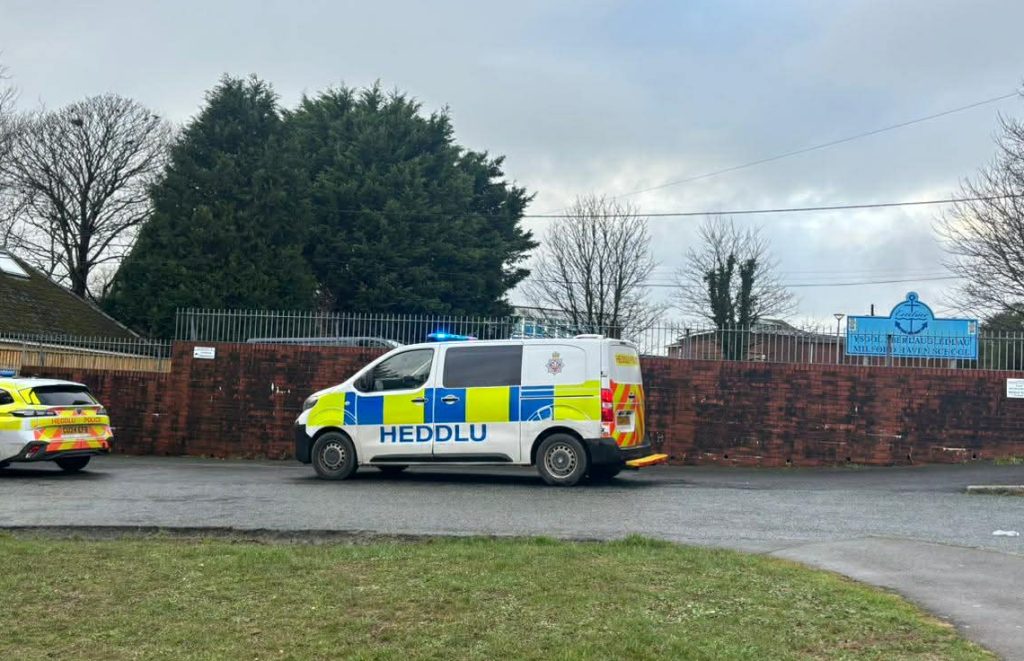
Her comments come just days after she visited the Milford Haven campus following the school being placed into special measures by Estyn, where she met leaders to discuss improvement plans and support arrangements.
She said her thoughts were with the injured teacher, their family and the wider school community, and praised the swift response of staff and emergency services.
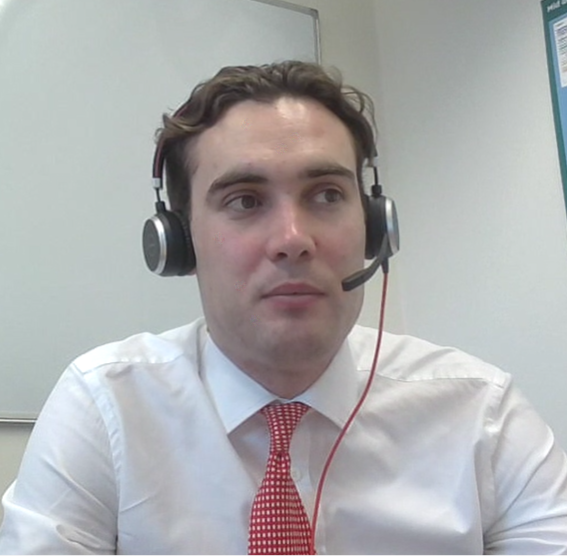
Local MP Henry Tufnell, who represents Carmarthen West and South Pembrokeshire, described the incident as deeply upsetting for what he called a close-knit community.
He said he was thinking of the teacher and pupils affected and thanked Dyfed-Powys Police and ambulance crews for their professionalism.
Meanwhile Senedd Member Samuel Kurtz said: “Deeply concerning news across the water in Milford Haven.
“Sadly, violence in our schools is becoming all too common, and thanks must go to the emergency services for their timely response. Thoughts are with the injured teacher, their family and the wider school community.”
Leader of the Welsh Conservatives Andrew RT Davies said teachers must feel safe at work and called for continued support for school staff.
Teaching unions also responded.
NASUWT said teachers “deserve to feel safe in their workplace” and that any violence against staff must be taken seriously, while National Education Union said schools must remain safe spaces for both pupils and staff and urged continued focus on safeguarding and behaviour support.
All said support would be offered to the Milford Haven school community in the days ahead as police investigations continue.
Crime
Teacher discharged as police step back from Milford Haven school after assault
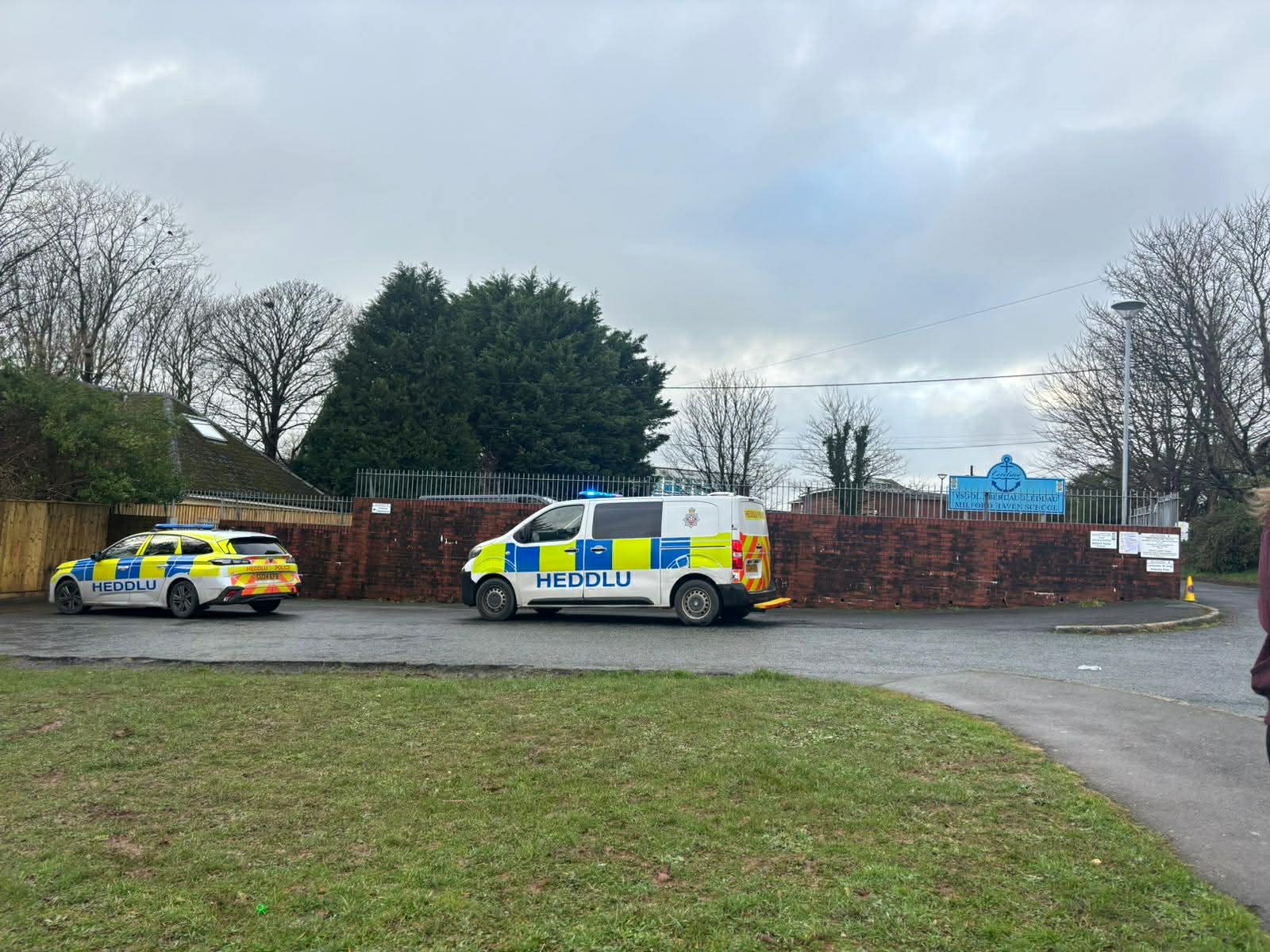
Teenager remains in custody as school closes and patrols increased to reassure community
POLICE have confirmed they are no longer stationed at Milford Haven School after a teacher was assaulted by a pupil on Thursday afternoon (Feb 5), as the injured member of staff has now been discharged from hospital.
In a joint statement issued by Dyfed-Powys Police, Pembrokeshire County Council and Hywel Dda University Health Board, Superintendent Chris Neve said swift action had been taken to protect pupils and staff.
He said: “Police are no longer in attendance at Milford Haven Comprehensive School, following a report of the assault of a teacher at approx. 3.20pm this afternoon.
“I would like to reassure parents, and the wider community, that swift action was taken to both safeguard pupils and teachers, and to trace the suspect as soon as this report was received.
“The teacher has now been discharged from hospital and is being supported by specialist officers. All pupils at the location were safe, and all returned home unharmed. A 15-year-old boy has been arrested and remains in police custody as enquiries continue.
“You will see a higher than usual police presence in the area over the coming days – these will be dedicated patrols to provide further reassurance.”
The injured teacher was earlier taken to hospital by road ambulance.
An immediate lockdown was put in place at the school while emergency services responded. Most pupils had already left for the day, but those still on site were secured inside classrooms and offices as a precaution.
School closed on Friday
Council leader Cllr Jon Harvey said the school would be closed to pupils on Friday to allow support and safety measures to continue.
He said: “We would like to thank staff and pupils at Milford Haven School for implementing a swift and effective lockdown in response to this incident.
“While the school will be closed to pupils tomorrow, if there are any learners who require additional support they are welcome to attend and there will also be support for staff on site.
“We’d like to reassure learners and parents, along with the wider community, that all measures to ensure safety are being taken.”
The health board added that anyone needing urgent mental health support can call NHS 111 and press option 2 for 24-hour assistance.
National spotlight
The incident has drawn national media attention.
BBC News broadcast live from the school gates during its Ten O’Clock News bulletin, while ITV News and several national titles also covered developments.
Journalists from a number of UK outlets, including The Sun, contacted The Herald as events unfolded, with several Welsh and national publishers using photographs first taken by Herald reporters.
Residents said the scale of coverage was unprecedented for the normally quiet port town.
Police enquiries are continuing.
Photo caption:
Police outside Milford Haven School following Thursday’s incident (Pics: Herald).
Health
Health board targets rise in steroid and gym drug use across west Wales

THE LOCAL health board has launched new targeted measures after recording a sharp rise in the use of steroids and other image-enhancing drugs across the region.
Hywel Dda University Health Board says needle exchange figures show significant growth over the past two years in people seeking support related to Image and Performance Enhancing Drugs (IPEDs), including anabolic steroids and so-called Selective Androgen Receptor Modulators (SARMs).
SARMs, while marketed online as safer alternatives to steroids, are illegal to sell in the UK and health professionals warn they carry serious and largely unknown risks.
The health board has now teamed up with Dyfed Drug and Alcohol Service (DDAS) and Choices, a young people’s substance use service, to tackle what officials describe as an “emerging public health challenge”.
Workshops and outreach
Two key initiatives have been introduced.
Educational workshops are being delivered to young people, focusing on the risks of using performance-enhancing substances during physical development and the potential long-term effects on hormones, mental health and fertility.
At the same time, enhanced support is being offered to people already involved in gym and fitness culture, with harm-reduction advice, health monitoring and confidential drop-in services.
Support includes testosterone testing, blood checks, cycle provision kits and discreet one-to-one consultations.
One service user described the programme as “quick, professional and non-judgemental”.
They said: “The drop-in clinic for my blood test was really convenient. I was seen quickly and given a full run-down of the services available. The staff made me feel comfortable the whole time and I got my results back faster than expected.”
Taking support into the community
The team has also worked directly with local gyms, leisure centres and sports venues, speaking to more than 100 people during five outreach sessions.
Twelve DDAS staff members have completed specialist IPED training delivered by Public Health Wales to strengthen expertise within the service.
Rachel Wilson, Resilient Families Manager at Choices, said the aim is to reduce stigma.
She said: “We’re proud to work alongside Hywel Dda to ensure people who use IPEDs are met with understanding, not judgement. These initiatives are helping us reach individuals who may not have previously considered accessing support.”
Craig Jones, Prevention and Population Health Improvement Manager, added: “This work is about meeting people where they are. By listening and responding with compassion and evidence-based care, we’re making a real difference.”
Dr Ardiana Gjini, Executive Director of Public Health, said the approach showed the board’s commitment to early intervention.
She said: “These initiatives reflect a proactive, collaborative response to emerging health challenges and demonstrate our dedication to protecting the health of our communities.”
Anyone seeking confidential advice or support can contact DDAS on 03303 639997 to book an appointment.
-

 Crime1 day ago
Crime1 day agoSex offender jailed after living off grid in Pembrokeshire and refusing to register
-

 Health10 hours ago
Health10 hours agoHealth board targets rise in steroid and gym drug use across west Wales
-

 News3 days ago
News3 days agoPrincess of Wales visits historic Pembrokeshire woollen mill
-

 Crime6 days ago
Crime6 days agoPembroke man accused of child sex offences sent to Swansea Crown Court
-

 Health4 days ago
Health4 days agoDoctor struck off after sexual misconduct findings at Withybush Hospital
-

 Crime12 hours ago
Crime12 hours agoTeacher injured and teenager arrested for attempted murder at Milford Haven School
-

 Community6 days ago
Community6 days ago50s women threaten legal action over pension compensation refusal
-

 Education5 days ago
Education5 days agoIndustry insight helps marine cadets chart career course
























